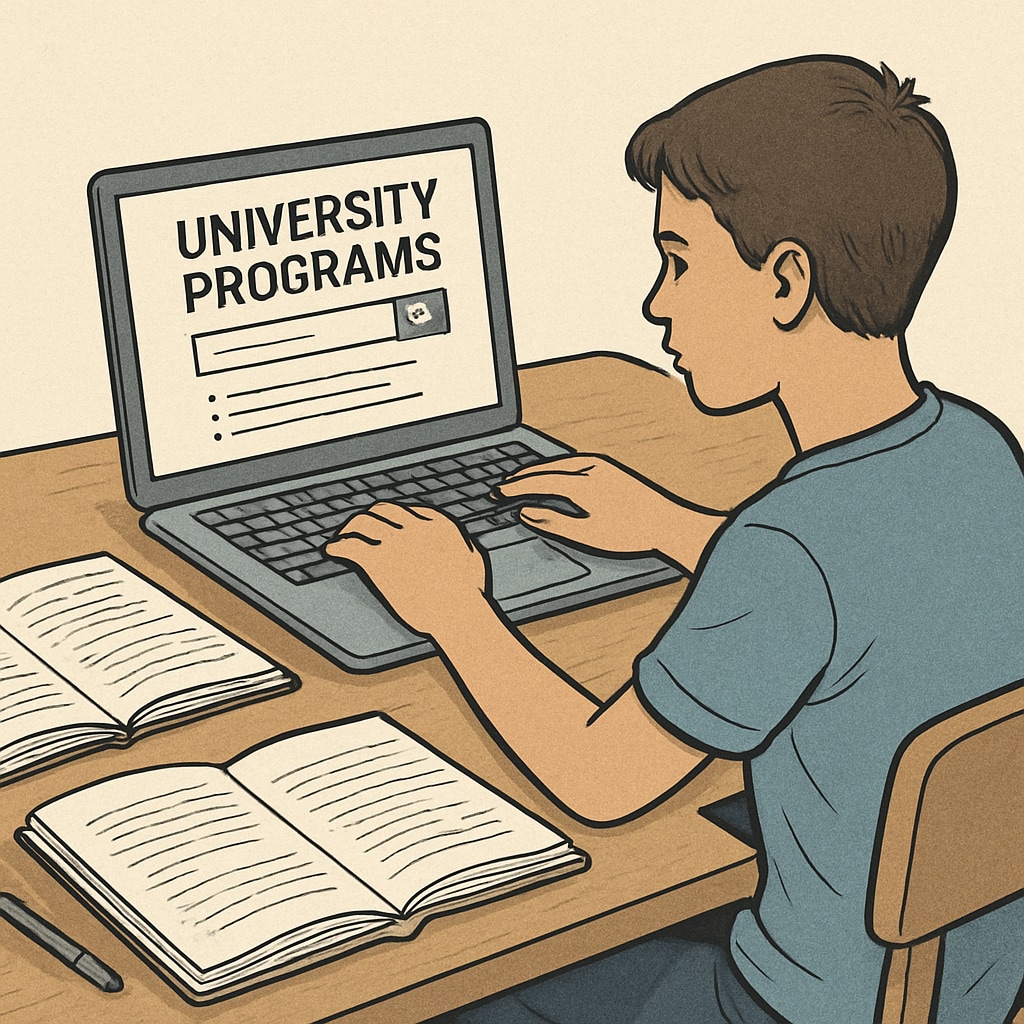For K12 students aspiring to pursue a Master’s degree in the United States, the journey involves careful planning, understanding application requirements, and making crucial decisions, such as whether to use a study abroad agency. While some families opt for professional assistance, others prefer a self-application route. This article provides a comprehensive guide to help students and their parents make this decision and outlines the key steps for planning a successful educational path.
Why Start Early When Planning for a US Master’s Degree?
Early preparation is essential when aiming for advanced education abroad. Starting from the K12 stage allows students to align their academic and extracurricular activities with the expectations of US universities. For example, many Master’s programs look for strong undergraduate records, relevant internships, and clear evidence of leadership skills.
In addition to academics, preparing for standardized tests such as the GRE or GMAT and developing a compelling personal statement are critical steps. Starting early ensures that students have ample time to refine these components. As a result, this early planning can significantly improve their chances of gaining admission to competitive programs.
Study Abroad Agencies vs. Self-Application: Pros and Cons
One of the most significant decisions for students and parents is whether to work with a study abroad agency. Here are some pros and cons of each option:
- Study Abroad Agencies: Agencies provide expert guidance, including school selection, documentation review, and visa application support. They often have insider knowledge of specific university requirements and can help avoid common pitfalls. However, their services can be expensive, and there’s a risk of encountering unqualified or unreliable agencies.
- Self-Application: Applying independently can be cost-effective and offers a greater sense of control. Students can tailor their applications to their unique strengths. However, the process can be time-consuming and overwhelming without proper knowledge of the system.

Key Indicators for Evaluating Study Abroad Agencies
Should you decide to collaborate with a study abroad agency, evaluating potential partners is crucial. Here are some factors to consider:
- Track Record: Check the agency’s success rate in placing students in reputable Master’s programs in the US.
- Transparency: The agency should provide clear information about its services, fees, and application processes.
- Credentials: Look for certifications or affiliations with recognized education organizations.
- Reviews and Testimonials: Seek feedback from former clients to assess the agency’s reliability and effectiveness.
- Personalized Guidance: The best agencies offer tailored advice based on each student’s profile rather than a one-size-fits-all approach.
For further research, you can refer to resources such as the Educational Counseling on Wikipedia.
Tips for a Successful Self-Application
If you decide to navigate the application process independently, here are some actionable tips:
- Research Thoroughly: Understand the admission requirements, deadlines, and prerequisites for each program.
- Stay Organized: Use tools like spreadsheets to track your progress on each application component.
- Seek Support: Join online forums or local communities of students who have successfully applied to similar programs.
- Utilize Free Resources: Websites like Britannica and university portals offer valuable information for applicants.

Final Thoughts: Finding the Right Path for You
Deciding between a study abroad agency and self-application depends on your unique needs, budget, and confidence in navigating the process. Regardless of the path you choose, early preparation remains the cornerstone of success. By starting in the K12 stage, you can build a strong foundation that aligns with the expectations of US Master’s programs.
Whether you opt for professional support or take the reins of your application process, remember that persistence and planning will always pay off. Good luck with your educational journey!
Readability guidance: Use short paragraphs and lists to summarize key points; incorporate transition words to improve flow. Keep passive voice and long sentences to a minimum.


